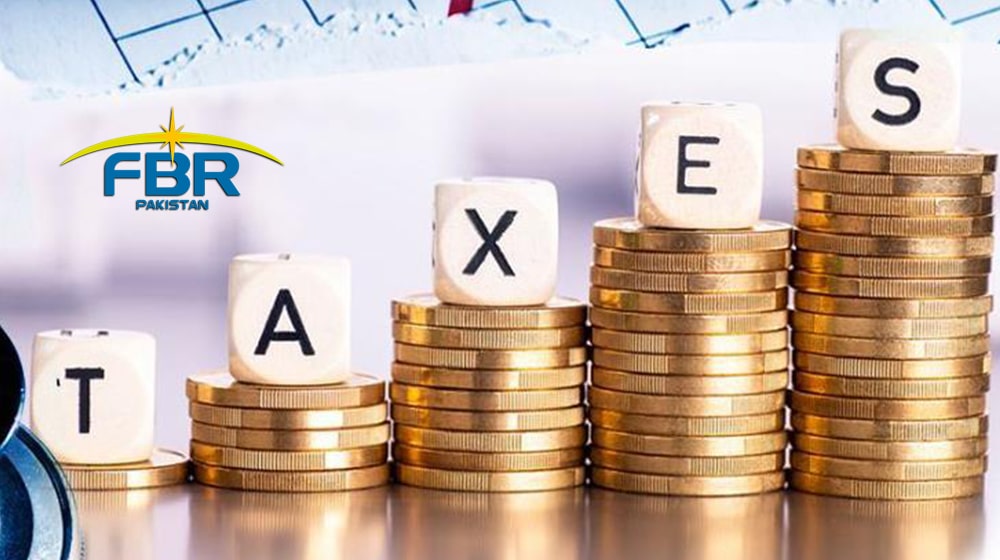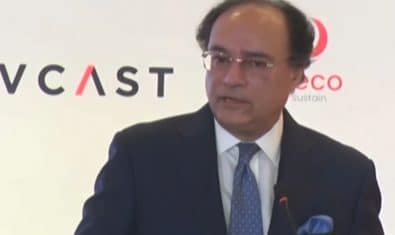Advisor to Prime Minister on Finance and Revenue, Shaukat Tarin, has launched the formulation of Inland Revenue Code to harmonize all the inland taxation laws and maximize facilitation to the taxpayers.
The initiative has been taken in view of the government’s decision to harmonize and simplify all the tax laws, to meet the pressing demand from stakeholders, by merging them into one law book supplemented by single rules book. It is envisaged to ensure ease of doing business by removing the multiplicity of taxing statutes and the plethora of rules and regulations devised to operationalize them.
In order to ensure that the Inland Revenue Code is thoroughly discussed with all major stakeholders and finally developed within the given timelines, the Advisor on Finance has directed Chairman Federal Board of Revenue to personally review the progress of this immensely important draft law and update him on regular basis.
According to a press release, World Bank, International Monetary Fund, Asian Development Bank, and other bilateral and multilateral donors as well as the civil society, lawyers’ community, and the superior courts have been demanding to harmonize and simplify the tax laws.
The FBR, in collaboration with ADB, has constituted a high-level committee consisting of eminent tax professionals from the public sector and legal experts from the Institute of Chartered Accountants of Pakistan to continuously oversee and review the draft legislation to ensure quality and correctness.
The said committee would monitor the drafting of harmonized Inland Revenue Code, covering all tax laws by the end of March 2022. After consultation with all key stakeholders including chambers of commerce, trade bodies, tax practitioners, and field formations over April and May 2022, it will be available for presentation before the Parliament in the Budget Session, 2022 for promulgation. It is positively hoped that the new Inland Revenue Code will be enforced with effect from July 1, 2022.
It is pertinent to mention that FBR, on the domestic side, enforces four major tax laws, viz. the Income Tax Ordinance, 2001; the Sales Tax Act, 1990; the Federal Excise, 2005; and, the Islamabad Capital Territory (Sales Tax on Services) Ordinance, 2001. These four tax statutes are supported by an equal number of rules compiled in voluminous books comprising the Income Tax Rules, 2002; the Sales Tax Rules, 2006; the Federal Excise Rules, 2005; and, the Islamabad Capital Territory (Sales Tax on Services) Rules, 2001. Resultantly, a taxpayer has to practically consult eight law books when engaged with the tax system and pay off his/her tax liability.
The high-value policy intervention of formulation of the Inland Revenue Code is organically embedded in the larger vision of FBR to promote a culture of automation and digitization in order to ensure taxpayers’ facilitation.


























